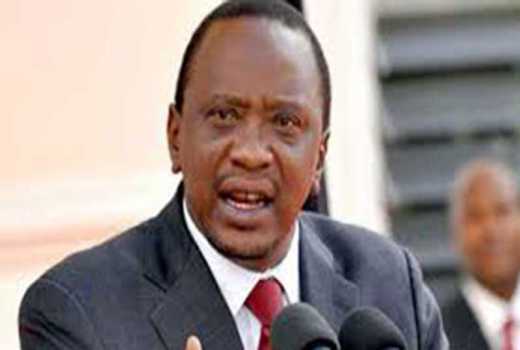×
The Standard e-Paper
Smart Minds Choose Us

President Uhuru Kenyatta has assented to a punitive law that would, by all likelihood, roll back gains made in the nurture of democracy and freedom of expression.
The controversial Computer Misuse and Cyber-crimes Act, 2018, which puts Kenya in the same league with some 60 countries that have criminalised ‘fake news,’ threatens to derail the gains for whose realisation saw patriotic Kenyans shed blood and even lost lives. These are gains we must guard jealously to ensure future progress and freedom of thought.